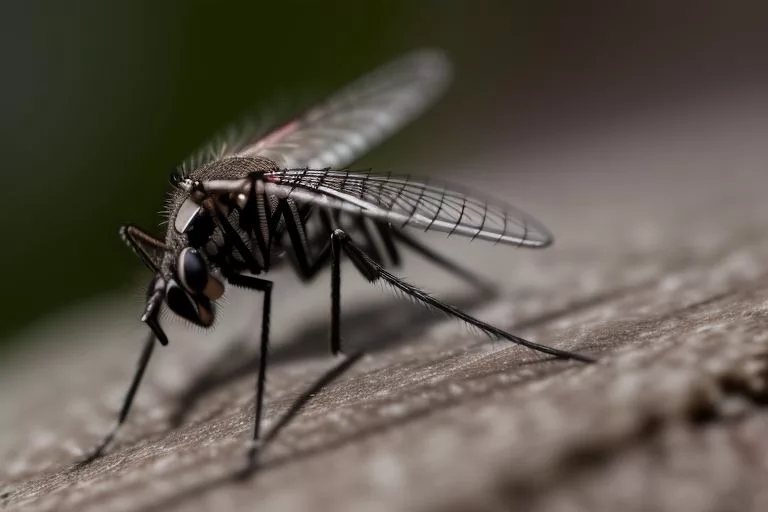

Malaria Prevention: Progress, Challenges, and Affordable Vaccines
Malaria's Impact on Africa
Malaria, claiming over 600,000 lives each year, poses a significant challenge to Africa, where 95% of all malaria cases and 96% of deaths occur. Pregnant women and young children, with lower natural immunity, are particularly vulnerable, constituting 80% of malaria-related deaths, with children under five being the most affected.

Good News: Progress and Success Stories
Proven Interventions
The introduction of the President's Malaria Initiative (PMI) in 2005 marked a turning point. It significantly increased global access to proven interventions, including insecticide-treated bed nets, indoor residual spraying, and rapid diagnostic tests. Collaborating with the Global Fund and other partners, PMI has saved 7.6 million lives and prevented over 1.5 billion malaria cases.
Certification Achievements
PMI countries have experienced a 27.2% decline in malaria cases and a 45.6% decline in deaths since 2006. Notably, ten countries, including Maldives and Argentina, achieved malaria elimination certification from the World Health Organization (WHO) since 2015.

Bad News: Challenges and Setbacks
COVID-19 Disruptions
Despite progress, the Global Fund indicates that the goal to end malaria as a public health threat by 2030 is in jeopardy. Disruptions due to the COVID-19 pandemic led to an estimated 13.4 million malaria cases, hindering overall progress.

Localized Cases in the US
In 2023, the US witnessed locally transmitted malaria cases, emphasizing the importance of continuous vigilance. Additionally, new strains have emerged in Africa, indicating the evolving nature of the disease.
Hopeful News: Advancements and Vaccines
Malaria, a mosquito-borne disease that has been a scourge for centuries, has seen significant progress in prevention and treatment over the past two decades. Health leaders have developed a proven toolbox for preventing malaria, including bed nets, targeted insecticides, preventative treatments, and diagnostic tests. These interventions have contributed to substantial progress in reducing the burden of malaria, particularly in sub-Saharan Africa.
However, despite this progress, malaria remains a significant global health challenge, with an estimated 229 million cases and 409,000 deaths reported in 2019 alone.
The COVID-19 pandemic has further complicated efforts to combat malaria, with disruptions to health services and supply chains threatening to reverse the gains made in recent years.
In the face of these challenges, new hope has emerged in the form of two WHO-approved vaccines. The first vaccine, RTS,S, was approved by the WHO in 2015 and has been slow to ramp up production. However, a second vaccine, R21, was recently approved and is set for mass production, with India's Serum Institute committing to producing 100 million doses by 2024.
The R21 vaccine has shown promising results in clinical trials, with an efficacy rate of 77% in children aged 5-17 months. This is a significant improvement over the RTS,S vaccine, which has an efficacy rate of around 50%. The R21 vaccine is also more heat-stable than the RTS,S vaccine, making it easier to distribute and administer in remote areas with limited access to refrigeration.
The development of these vaccines is a major breakthrough in the fight against malaria, but it is just one piece of the puzzle. Prevention and treatment efforts must continue alongside vaccine development to ensure that malaria is eliminated once and for all.
The toolbox for prevention, including bed nets, targeted insecticides, preventative treatments, and diagnostic tests, remains a critical component of the global effort to combat malaria.
As we face emerging challenges like COVID-19, the collective effort to combat malaria persists, fueled by advancements, successful interventions, and the promise of affordable vaccines. The development of these vaccines offers new hope for a malaria-free future, but it is up to us to ensure that they are distributed and administered effectively to those who need them most.
With continued investment and commitment, we can end the cycle of malaria and improve the health and well-being of millions of people around the world.

